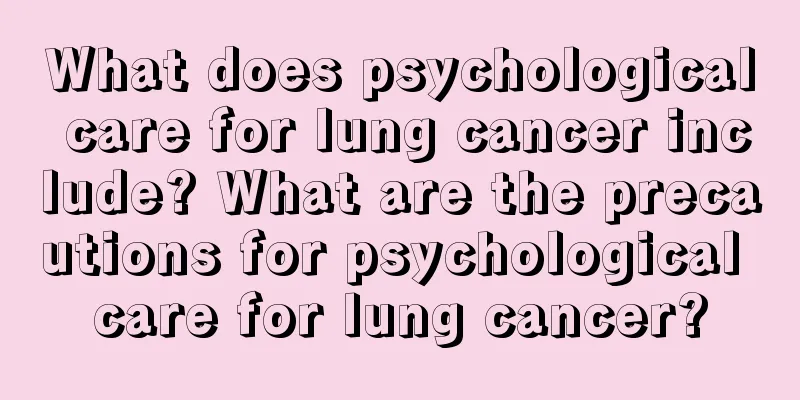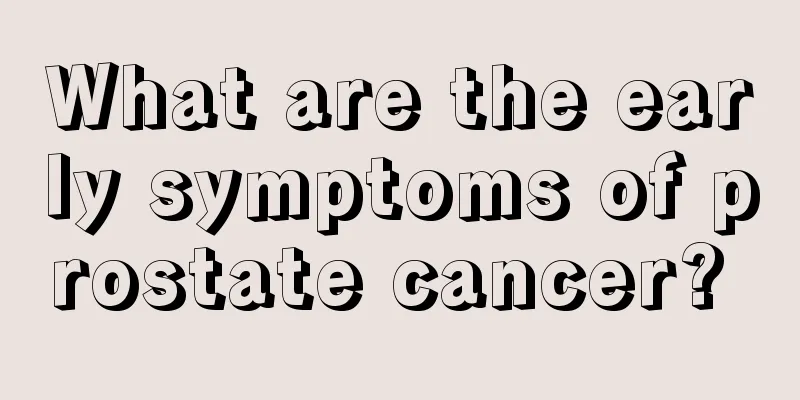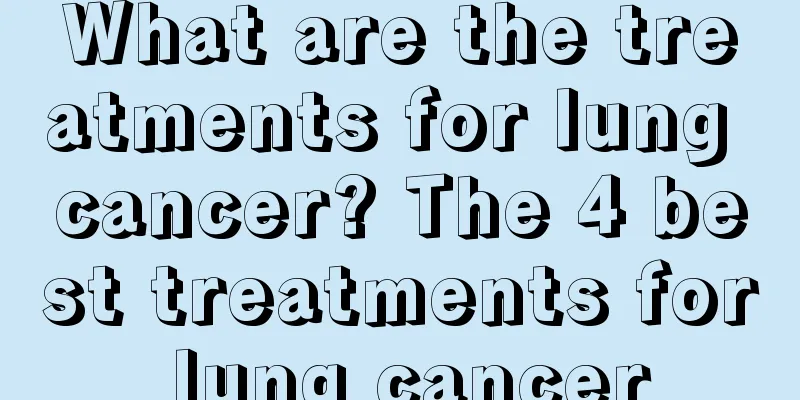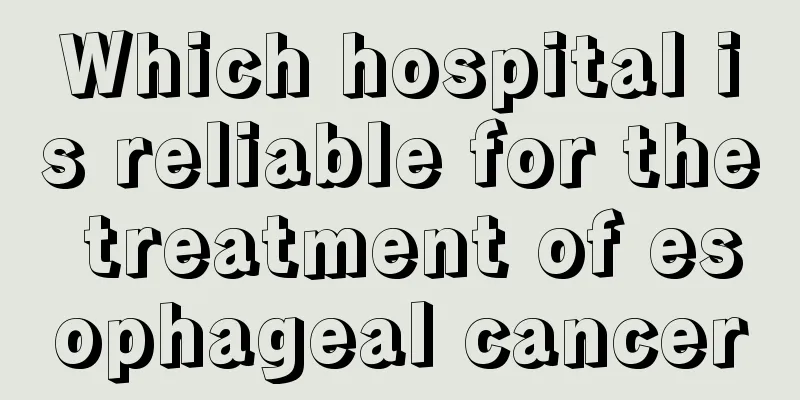How to recognize early gastric cancer

|
Early gastric cancer often has no obvious symptoms, or more precisely, atypical symptoms. The patient's systemic symptoms are generally good, and there are few local signs, so it is often not enough to attract enough attention from the patient and the examiner, resulting in misdiagnosis. Therefore, paying attention to the early symptoms of gastric cancer and increasing the detection rate of early gastric cancer will enable patients to receive better treatment. However, there are traces of early gastric cancer symptoms, which are mainly manifested in the following five aspects: 1. Upper abdominal discomfort and fullness Nearly half of patients with early gastric cancer have no clinical symptoms, but only symptoms similar to indigestion, such as upper abdominal noise, dull pain, slight fullness, pain, nausea, belching, etc. These symptoms can also be seen in chronic gastritis, ulcer disease, functional dyspepsia, etc., and even normal people may occasionally occur. 2. Stomach pain Most patients with gastric cancer have symptoms of stomach pain in the early stage, which are often mistaken for gastritis or ulcer disease and treated. Oral stomach medicine can temporarily relieve the symptoms. However, the pain of gastric cancer generally has no obvious regularity and manifests as continuous dull pain, unlike gastric ulcer or duodenal ulcer, which has obvious characteristics of pain after or before meals. People with existing gastric or duodenal ulcers should be alert to gastric cancer and seek medical attention in time if the regularity of pain changes and the drug treatment is not effective. 3. Loss of appetite, weight loss, and fatigue Loss of appetite may be an early symptom of gastric cancer, which may or may not be accompanied by stomach pain. It should be distinguished from the loss of appetite in patients with hepatitis. Patients with hepatitis often have elevated aminotransferases and symptoms such as fever, fatigue, yellow urine, and jaundice. Some patients automatically restrict their daily diet due to abdominal distension and belching after eating, resulting in weight loss, emaciation, and fatigue. 4. Nausea and vomiting Early symptoms of gastric cancer include a feeling of fullness after eating and mild nausea. Patients with cardiac tumors may initially experience difficulty eating, which gradually develops into difficulty swallowing and food reflux. Further development of antral cancer may cause vomiting due to pyloric obstruction. 5. Positive fecal occult blood or black stool In the early stage of gastric cancer, gastrointestinal bleeding may also occur, usually manifested as positive occult blood in the stool, that is, although the stool looks normal, blood cells can be found in the stool during testing. When the amount of bleeding is large, black stools or even vomiting blood may occur. Especially for the elderly, once black stools appear, they should be more alert to the possibility of gastric cancer. |
<<: Sixty-year-old man successfully defeated esophageal cancer
>>: How to differentiate cirrhosis nodules from liver cancer nodules
Recommend
How to remove grease from the bottom of a pot
Sometimes cooking will cause dirt on the bottom o...
What are the symptoms of kidney tumors?
Nowadays, many people often feel back pain. It ma...
6 kinds of food that turn into poison in the refrigerator
There is no doubt that food tends to go bad in th...
How long does it usually take to stew soup in a stew pot
When the weather is dry here, I want to eat some ...
What are the symptoms of stomach discomfort in patients with advanced gastric cancer
Gastric cancer is a malignant tumor of the gastri...
What foods are good for liver cancer patients? Ten types of liver cancer infection risks to be aware of
Patients with liver cancer should eat more foods ...
How to repair hair burn?
Hair is a tissue without a nervous system. Its ma...
What are the symptoms of foot nerve damage
Every part of the human body is connected to nerv...
Why are both arms sore?
I wonder if you have ever encountered this situat...
How many days can you eat soaked black fungus in winter
Many people are familiar with black fungus. This ...
How to treat late stage nasopharyngeal tumor
With the improvement of medical level, the treatm...
What are the symptoms of patients with advanced liver cancer before death? These three symptoms often appear in the advanced stage of liver cancer
Liver cancer is a malignant tumor that occurs in ...
What's wrong with small blisters on the lips
Sometimes you will find that there are small blis...
Should I eat complementary food first or drink milk first?
As the baby grows, the mother's breast milk i...
What is the difference between green shrimp and shrimp
Many people like to eat seafood, and among seafoo...









